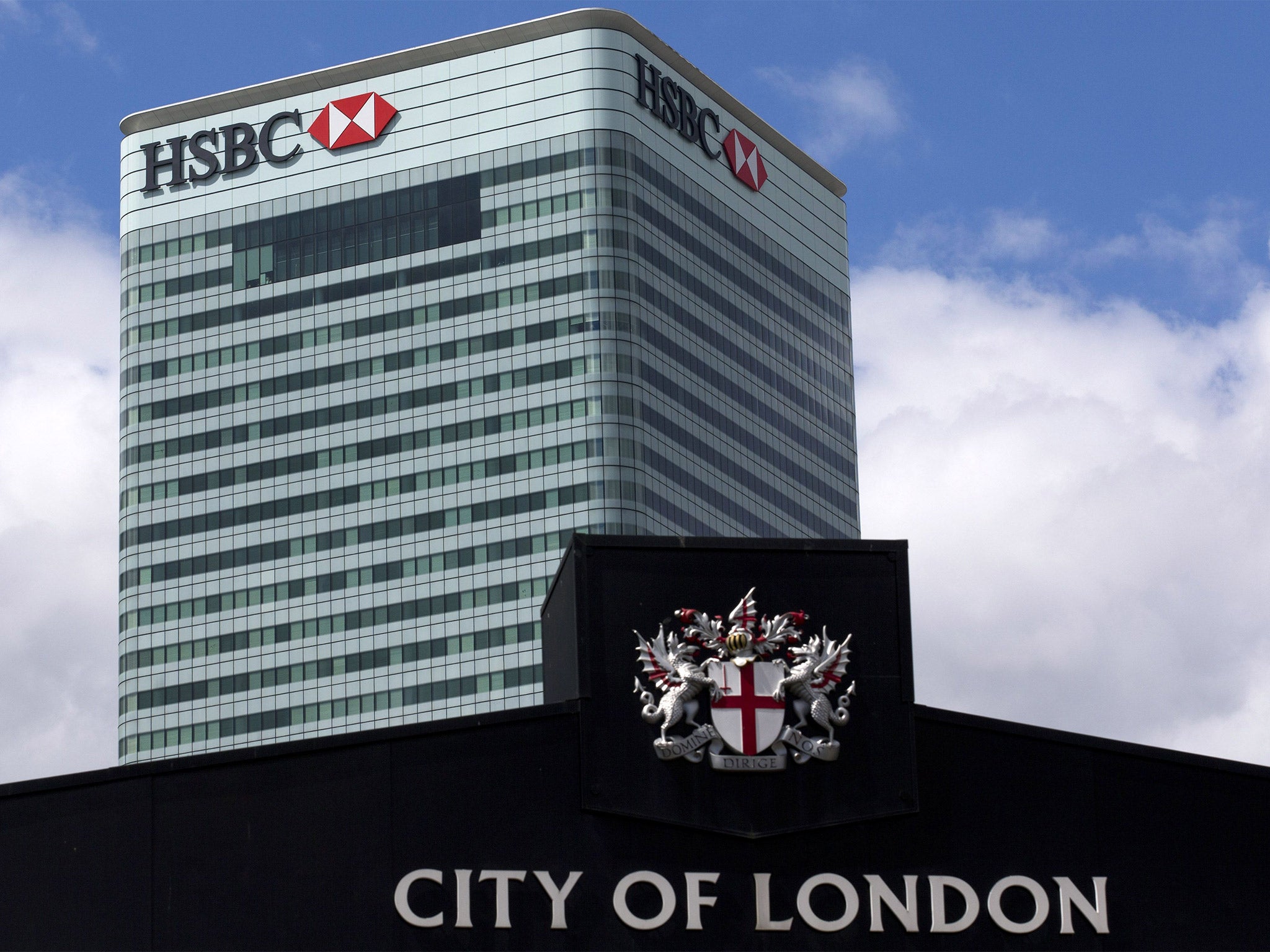This latest banking scandal shows it’s still far too easy for crooks to launder money
The Financial Crimes Enforcement Network has called in the US Department of Justice to go after the leakers. James Moore asks: what about what was going on under its nose?


It’s 2020, so of course a banking scandal has broken. This year needed it just to ensure it had all of its rotten boxes ticked. Pandemic? Yep. Recession? Got that too. Banking scandal, now here it is, Boris Johnson as prime minister, ding ding ding.
That banking scandal is a doozy. The reverberations from what have become known as the FinCEN files – leaked documents from America’s Financial Crimes Enforcement Network with details of more than 200,000 suspicious transactions – will be felt for months if not years.
They tell a lurid and ugly story, detailing the way criminals have been able to move and launder dirty money with the help of the international banking system and some of its biggest and most prestigious names.
HSBC is up to its neck in it. So too are Standard Chartered, Barclays, JP Morgan, Deutsche Bank, Bank of New York Mellon and plenty more of them.
The reports scared the life out of investors, who pushed HSBC’s shares down to a 25-year low and gave several of the others named in the dispatches a good kicking while they were at it.
What’s really disturbing about all this is that it rather leaves you with the impression that cleaning the goop from from dirty money is no different, in terms of difficulty, than it is to pay off a credit card bill online with the two factor identification and the 12 passwords, memorable words, and pin numbers you need to get the job done.
But worse still is the fact that all this stuff – the revelations about Ponzi schemes, dodgy shell companies, Tory donors (of course) – was there in front of this particular regulator’s nose. The leak concerns transactions that were reported to watchdogs.
The Suspicious Activity Reports, or SARS, that have been made public date from the year 2000 through to 2017. Pay attention to that. For part of that time period, HSBC was operating under a deferred prosecution agreement (DPA) that it signed up to as part of a $1.9bn (£1.5bn) deal to settle charges of sanctions busting and facilitating money laundering. A US Senate investigation stated that this formerly most respectable of banks had been a conduit for “drug kingpins and rogue nations”.
As part of the settlement, by means of which HSBC avoided a ban from clearing dollar-based transactions, the bank had to accept a monitor to oversee of its activities. One of the people who worked on that was Lisa Osofsky, who is now the boss of the Serious Fraud Office.
The fact that the dodgy dealings we’re now learning about were reported to regulators, and were apparently transacted under the nose of a monitor, doesn’t give the named banks a pass.
They had a choice. After filing the SAR, they could either process the transaction for the requisite fee and move on. Or they could say: “No thanks, not touching this one, because we’re worried that you’re a crook.”
Their calculations probably went something like this: if we don’t do it the bank around the corner will. We’re in business. Our first duty is to our shareholders, so why pass up the revenue? We’ll file the report with the regulators, go for option 1 and let them sort it out.
Immoral? Yup. Illegal? Not necessarily.
As Shore Capital said in a note: “It is not clear to us that this news represents a fresh reason to punish the banks involved or whether this is something that the authorities will have previously dealt with as it was information they already knew about.”
Which does rather raise questions of the regulator.
Its statement concerning the leak is very telling: “As FinCEN has stated previously, the unauthorised disclosure of SARs is a crime that can impact the national security of the United States, compromise law enforcement investigations, and threaten the safety and security of the institutions and individuals who file such reports.
“FinCEN has referred this matter to the US Department of Justice and the US Department of the Treasury’s Office of Inspector General.”
Translation: we’ve been caught with our pants down so we’re going to shoot the messenger.
But this is hardly the only regulator open to criticisms of being asleep at the wheel.
There is a systemic problem here. It is global, and it is frankly grotesque.
The sad fact is that what’s been exposed by the leak, courtesy of Buzzfeed, which shared the material with the international Consortium of Investigative Journalists, doesn’t really come as a surprise.
The willingness of major financial centres and their institutions, including obviously New York, but yes, London and others too, to allow themselves to be used by rich crooks to clean up their ill-gotten gains has long been known about. City folk will privately confirm it to you if you sit down for a drink with them.
The Tax Justice Network says the leak should be the necessary catalyst to address “gaping flaws in the regulation of corrupt finance and tax abuse”. Indeed it should. Money laundering should be a lot harder to accomplish.
But will it?
Sadly it’s not as if we haven’t been here before.



Join our commenting forum
Join thought-provoking conversations, follow other Independent readers and see their replies
Comments